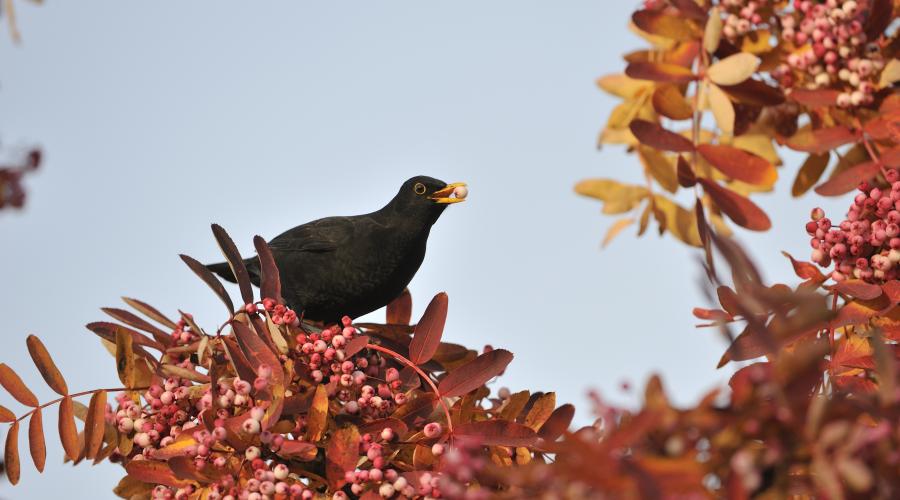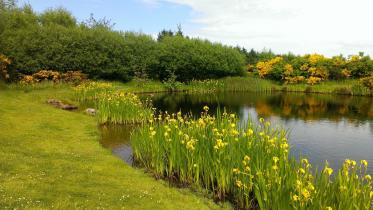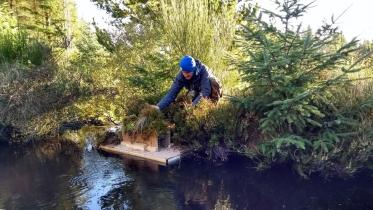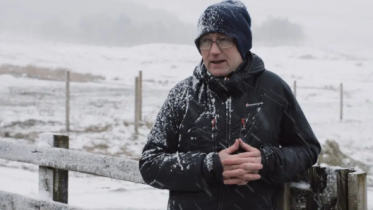
NatureScot Statement on Strathbraan Licence
Across Scotland, our curlews, lapwings, and oystercatchers bring delight to many of us with their distinctive flight and calls. While they bring our hills and islands alive in spring, their numbers are in serious decline. It is no exaggeration to say they are reaching crisis point and therefore we need to try to do what we can to save them.
Research tells us that the important factors in these declines are loss of habitat to provide food and cover for nesting, and predation. The evidence for this was comprehensively compiled and analysed by the Understanding Predation project in 2016 and set out in their report. While further research and studies are always welcome and will continue to inform this work, we consider that we have sufficient evidence to take practical action now and to initiate trials on the ground.
The limited trial at Strathbraan in Perthshire will explore whether the reduction in ravens will help curlew and other ground nesting birds to recover. The habitat here is good for breeding waders but raven numbers are increasing.
This is about getting a balance between species, bringing back waders from the brink whilst still maintaining a healthy national population of ravens. And in getting help from the people who work on, and manage our land, to ensure a stronger future for species such as curlew and lapwing.
Given concerns about the future for local ground nesting waders, the Strathbraan Community Collaboration for Waders (SCCW), approached us in 2017 with a request for a licence which would help us understand the decline of these important species. NatureScot considered this request, following due process and have granted the licence, attaching clear conditions for SCCW to follow.
The information SCCW gather throughout the trial will contribute to the wider work for waders and will be made available to others who are also working to save these endangered birds. This includes conservation organisations, land managers and public bodies and the work of the Working for Waders initiative. This will allow us all to learn and make progress to conserve some of our most threatened species.
We understand the concerns about the relationship between this trial and the wider work for these bird species. NatureScot is confident about the rationale behind this licence. However, in recognition of the concerns, we have asked our Scientific Advisory Committee – a group of respected external experts – to review as speedily as possible how this particular case fits with the wider work on adaptive action to save waders and to report on whether the methods agreed for this trial fit with the wider body of work underway. We will also ensure that the Committee is kept informed of the progress of the project.
Commentators have linked this study to raptor crime. We deplore the illegal killing of birds of prey. Where we find evidence of crime, we support the police to secure convictions. We are clear that this trial to save waders is not connected to any local crime and regret the conflation of the two issues by others. We are seeking to work with local land managers to encourage their conservation efforts.




